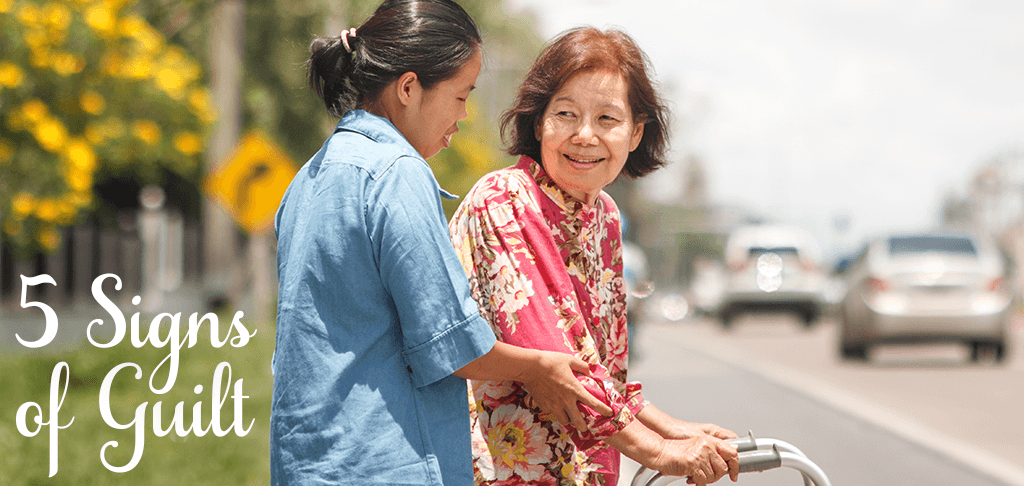
As we decide whether to take a job or as we consider whether or not to eat that extra donut, decisions form the map of our lives.
In this entry, I explore the importance of three factors in our daily decision making– self, others, and spiritual influences
Let’s consider the impact of self-determination and personal empowerment when making decisions. Though personal factors such as illness or disability influence our abilities, each individual has the power to decide whether circumstances will impact a course of action. Using internal considerations in the decision making process can be defined as an internal locus of control.
I am reminded of my mother’s statement when I awoke from my final surgery totally blind at age 16. I stated, “How am I going to do the things I was going to do before like go to college and have a family now that I’m blind?” My mom’s memorable reply was, “You can do all of the things you were going to do when you could see, you just have to learn to do things differently now.” My mom’s statement is a guiding principle in my life. I internalized this statement and embraced the importance of self-determination in overcoming life’s challenges. Today I am married with a family, am a licensed counselor and am working to help others overcome their challenges.
Internal considerations in decision making:
· Individual empowered to make decision using self-esteem, self-confidence and reasoning
· Individual feels confident due to past success
· Individual may explore various courses of action
· Person acts according to self determination
· Final decisions based on past experience and belief in own potential–
Secondly, consider the roll of external circumstances and other people in our decision making. The negative statements of others can impact or confidence and cause us to doubt or own decision making ability. Listening to other’s opinions and limiting ourselves according to circumstance can be defined as an external locus of control.
What if my mom had made different statements at the point of my loss of sight? What if she said, “Yes, this is terrible! I am so sorry, don’t worry, your family will be here to take care of you and you won’t ever need to go to college or get a job,”? Or if I had decided not to attend graduate school when I wasn’t accepted by my first graduate school choice. Listening to that voice would mean I displayed an external locus of control.
External factors in decision making:
· Individual seeks the advice of others
· Individual considers circumstances and barriers in decision making
· Person internalizes limitations and opinion of others
· Past success and failures lead to the individuals’ personal perception of abilities
· Individual’s potential limited by external factors
· Decision made from a perceived lack of control of past outcomes and current barriers
We each must find a guiding principle for meaning and inner strength. As A Christian makes decisions, He or she may pray and read the Bible. A Christian could seek opinions of like minded Christians and spiritual leaders. The Christian who believes in self empowerment, might follow the Biblical principle of “seek and you will find, knock and the door will be opened,” Matthew 7:7-8. This individual would feel confident that they made the right decision when they feel peace in a course of action. Psalm 119:165
Consider the roll of spiritual and religious elements in the decision making process. I am a Christian and look to the Bible and other Christian influences as I make decisions about life.
I look for the answers to my question, while firmly believing that God will lead me to the right answer. I can rest assured I made the right decision when I find peace in that course of action.
Spiritual and religious components in a decision making process:
· Reads scripture and trusted material
· Seeks spiritual guidance and consults spiritual mentors
· Seek inner peace during decision making
References: Matthew 7:7, Psalm 119:165









